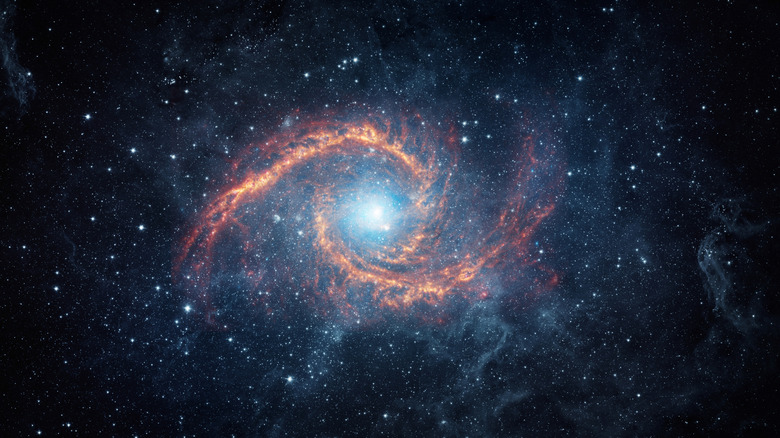The early universe is perhaps one of the biggest mysteries of our time, and while we’ve come close to unraveling some of those earliest mysteries thanks to advancing tech like the James Webb Space Telescope and other observatories, scientists have still found themselves scratching their heads about how our universe formed and which molecules helped fuel the first star formations.
Many believe that after the Big Bang occurred nearly 13.8 billion years ago, the universe was full of extremely dense material and very high temperatures. However, as the universe cooled — in a matter of seconds, most theories suggest — the first elements began to form from those materials.
However, researchers believe they may have recreated the first molecules of our universe, which could help us solve one of the oldest mysteries of the cosmos — whether or not the formation of early molecules slowed as the universe cooled down.
Solving age-old mysteries with new data
For years, scientists have theorized that as the temperatures in the universe cooled, the rate at which the molecules form — thus driving reactions that lead to star formation — slowed. However, based on the information that they have uncovered by testing how certain molecules react to each other, the new research suggests that the reactions don’t actually slow at all as the temperatures become lower.
If proven, this could completely change the fundamentals of how scientists view the early formation of the universe, as well as our understanding of star and planet formation and how the universe has expanded since the Big Bang. The researchers found that the rate at which the reactions between the first molecules that likely formed in the early universe remain constant no matter what the temperature becomes.
To test this hypothesis, the researchers had to recreate those first molecules, and then put them into an environment that would truly determine if their reactions slowed as the temperatures became lower. So, that’s exactly what they did.
Recreating the first molecules in the universe
Scientists believe that the helium hydride ion (HeH+), which is thought to be the oldest molecule in the universe, was the first step in a chain reaction that led to the formation of molecular hydrogen (H2), which also happens to be the most common molecule found in our universe. Scientists theorize that these two molecules were essential to the formation of the first stars, and that for the gas cloud of a protostar to collapse to the point of nuclear fusion beginning, the heat inside of the protostar must dissipate. Thus, if the theories about the reactions slowing was true, it meant that formation could eventually slow as the star’s fundamental compounds cooled.
So, the researchers took the molecules and put them into conditions similar to what they might have experienced in the early universe. By taking the molecules and combining them together within a controlled environment — which they could lower the temperature of — they found that the reactions between the molecules didn’t slow at all. Instead, they continued as they always had, allowing the researchers to actually study the collision rate based on how it varies between changes in the collision energy.
There’s still more work to do to prove the data fully here, but it does paint an interesting picture of what early formations within the universe might have looked like, as well as how they might have been driven. And, if we dive deeper into it, it could perhaps unlock more data about how the universe will continue to expand and form new stars and planets.










